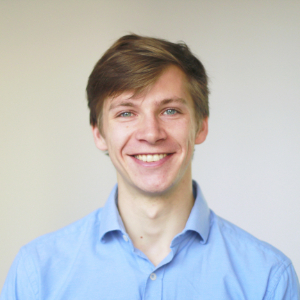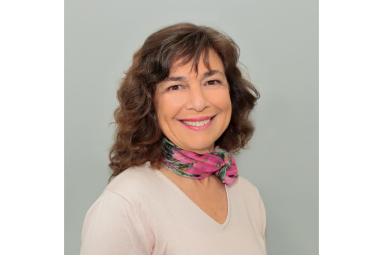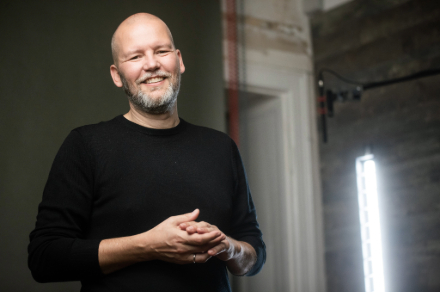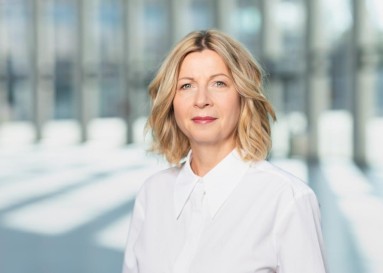Page content
First Stop:
France
On March 23, we hosted and recorded our first BUS2BUS Roadshow stop in Paris during the AUTONOMY Mobility World Expo (AMWE).
The BUS2BUS Roadshow 2023 - France Edition focuses on the requirements of rural and urban mobility and infrastructure - and vice versa - by means of bus travel. With each new customer generation entering the mobility market, urban mobility is becoming more digital, sustainable and manageable. This is not yet reflected in transport of longer distance, as travel options differ predominantly in terms of price and routing.
In addition, cities are even more defined by their region where mobility options become less frequent. In the era of greenwashing car-dominant travel patterns, bus operators must understand and integrate multimodal lifestyles and modes of transport in their travel offers for a seamless mobility experience from the countryside to urban centers. Only then, will bus (and train) prove a sustainable alternative and solution to long-established fossil, car-based mobility behaviors.
This Roadshow edition addresses the following questions/topics:
- How will current passenger needs affect both urban and long-distance travel (which needs do they have in common, what differs and why).
- How will urban mobility have to adapt to those needs?
- What are the differences in long-distance requirements between France and Germany?
- Is seamless mobility relevant for long-distance travel?
- How do we close the imperfect travel chains of today?
- What is the relevance of sustainability, design and digitalisation regarding long-distance travel?
- How will urban infrastructure adapt when cities are interconnected more effectively by long-distance transport?
- Do we need a new understanding of bus stops, especially by means of mobility hubs in the periphery and the city?
- What sustainable mobility solutions/technology can be carried over from urban mobility to long distance travel and vice versa?
Language of the event: English
SPEAKERS
Dr Stefan Carsten
Dr Stefan Carsten studied geography, business administration and cartography in Berlin and Waterloo (Canada). He earned his doctorate at the Freie Universität Berlin with a dissertation on 'Sustainable Development of Urban Regions'. From 1997 to 2013, he was a project manager in the future and environment research department at Daimler AG in Berlin, where his work focused on the development of mobility services and the research-based future of cities and regions. From 2008 to 2014, he was a visiting professor at the Braunschweig University of Art (HBK) Institute for Transportation Design, where he explored the future of post fossil-fuel mobility. From 2016 to 2019, he served on the German Federal Ministry of the Interior's expert panel on the future of small suburban towns. Since 2019, he has been collaborating with the Zukunftsinstitut in Frankfurt/Main where, among other things, he is involved in the publication of the annual Mobility Report. He has been working since 2014 as an independent consultant focusing on topics ranging from futurology and urban environments, to mobility and energy. Stefan Carsten advises key players in the mobility industry, insurance companies, banks, energy companies, cities/regions and security institutions.
Imagry is an autonomous vehicle software provider that has created a mapless driving system using bio-inspired technology based on neural networks.
Grégoire Bonnat is the founder and CEO of Padam. He graduated from the France’s highest-ranked science and engineering university Ecole Polytechnique in Electrical Engineering and Entrepreneurship.
During his Study, he started a project from scratch to design and build a nanosatellite for science purposes. He led the project for one year and recruited new team of students. It was being selected for the international QB50 project, a satellite launched from International Space Station in 2017, becoming the first French functional satellite built by students.
Following an acceleration program for tech entrepreneurs with Polytechnique and UC Berkeley, Grégoire co-founded Padam Mobility in 2014 to build the next generation of shared transport services, flexible and user-centric, using the latest technologies.
Kerstin Kube-Erkens works for Messe Berlin, one of the largest trade exhibition companies in Germany. She received her degree in business administration from the University of Westminster in London and the University of Applied Sciences in Berlin. She started her career as a regional sales director at Elf Oil Deutschland GmbH (now Total). As a product architect, Kerstin focuses on new product ideas for Messe Berlin, conducts market assessments, and develops business cases in a national and international context. She is especially interested in interdisciplinary work and knowledge transfer.






